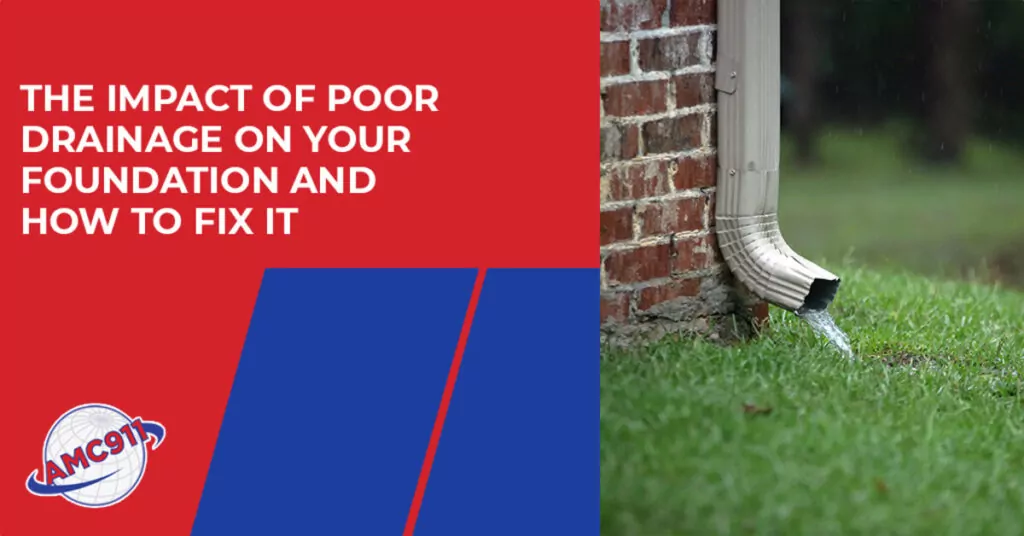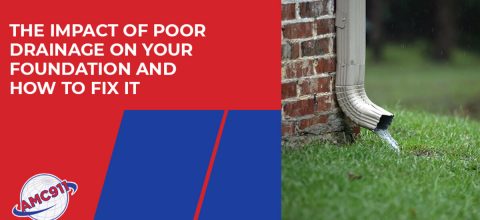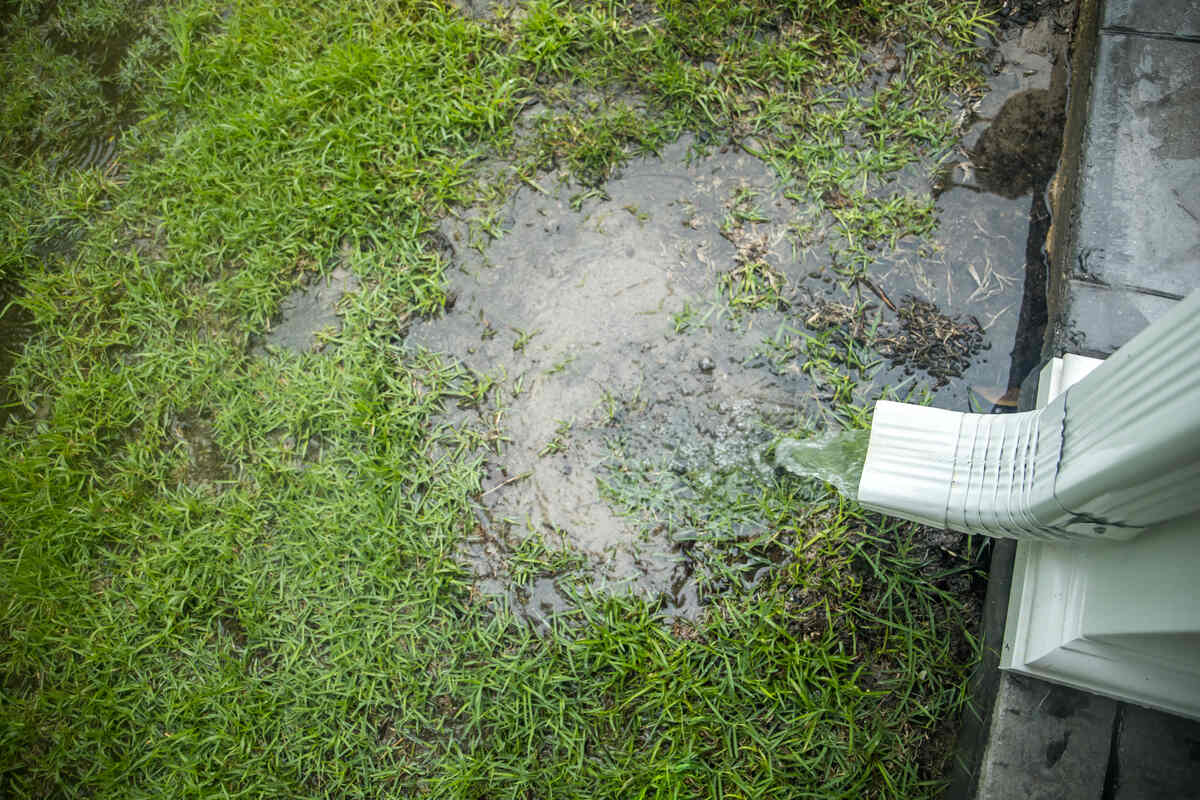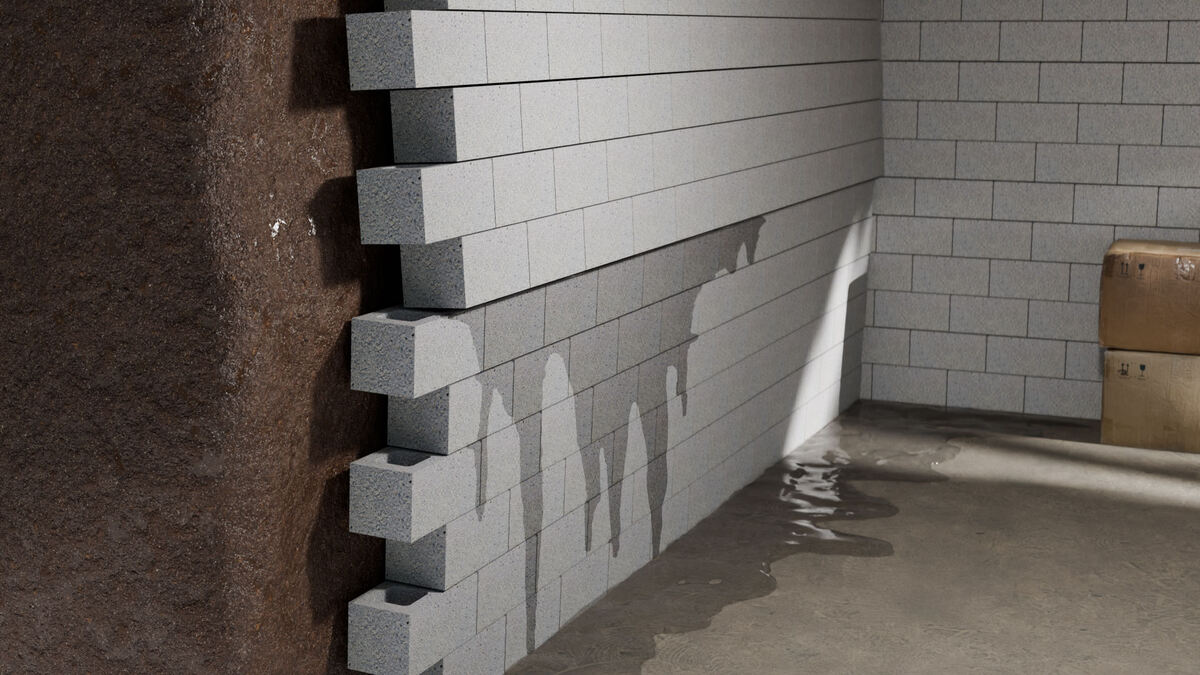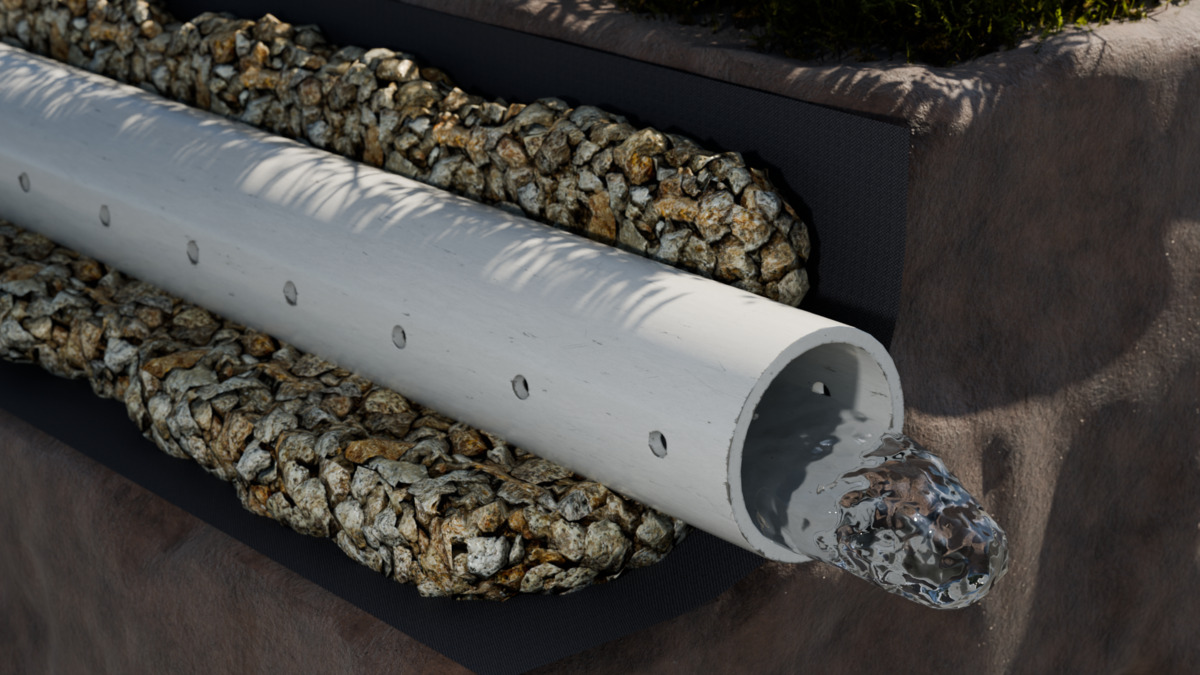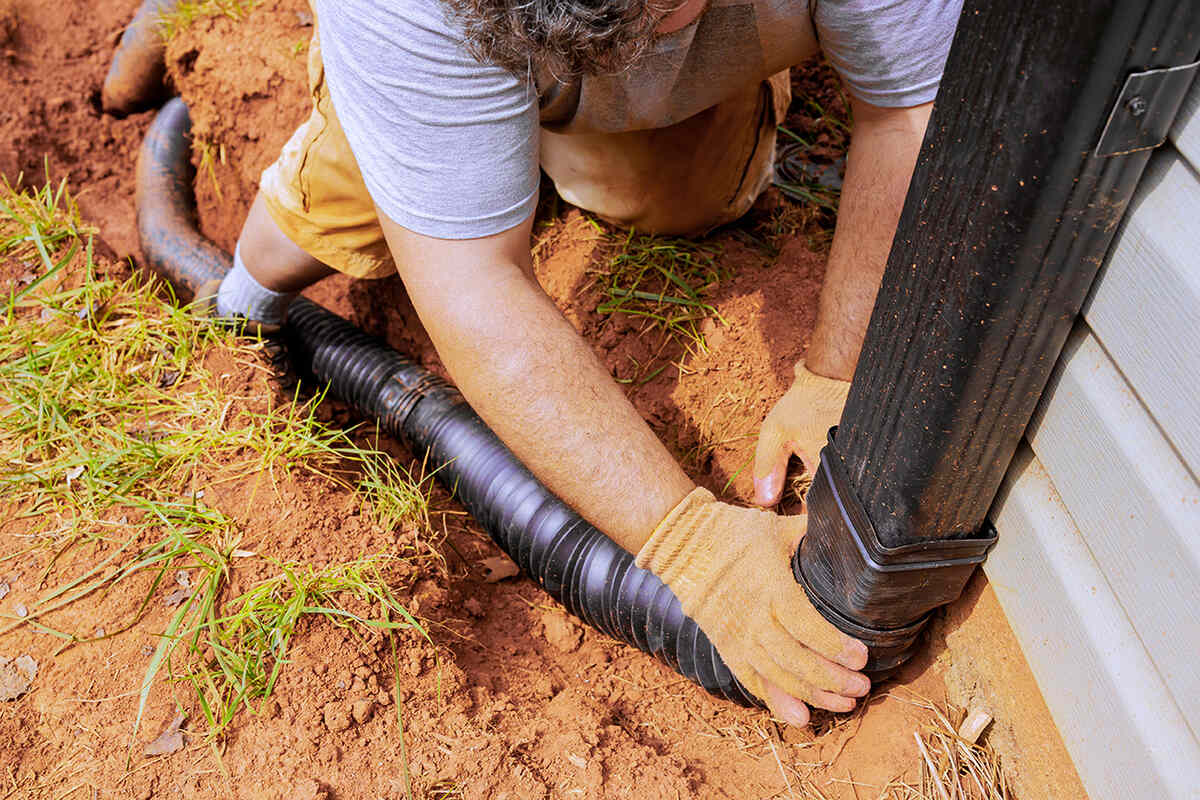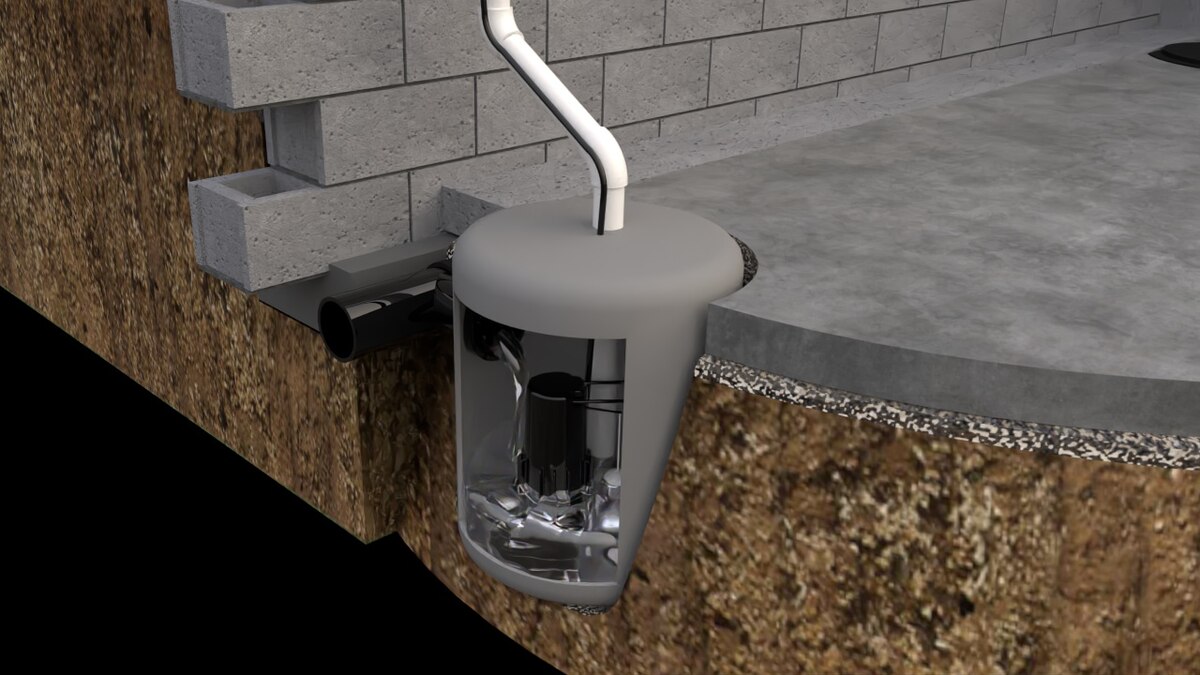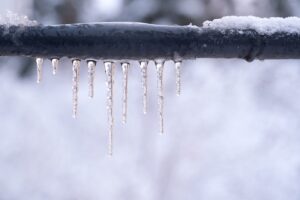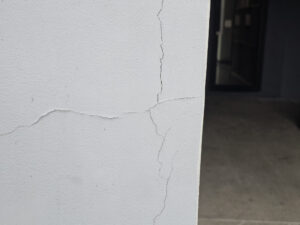Proper drainage around your house is crucial for protecting your foundation from water damage. Poor drainage allows water to pool near the foundation, increasing the risk of cracks, settlement, and other structural issues. Over time, this water buildup can lead to serious foundation problems, including basement flooding, moisture intrusion, and even foundation failure. Fortunately, AMC911 Crawl Space & Foundation Repair provides expert drainage solutions to fix these issues and prevent long-term damage to your home.
In this article, we’ll explore how poor drainage affects your foundation, the warning signs to watch for, and the best methods to fixing poor drainage and protect your home. If you’re experiencing drainage problems, AMC911 can help safeguard your foundation with professional solutions.
How Poor Drainage Affects Your Foundation
Water pooling around your foundation is one of the biggest threats to your home’s stability. Without proper drainage, excess water accumulates near the foundation, leading to serious structural issues over time. Here’s how poor drainage causes foundation damage:
- Water Pooling Near the Foundation: When rainwater, melting snow, or runoff isn’t directed away from your home, it gathers around the foundation. Over time, this excess water saturates the soil and increases the weight and pressure against the foundation walls. If the water has nowhere to go, it starts seeping into cracks and weak points, leading to moisture intrusion, basement leaks, and mold growth.
- Hydrostatic Pressure: Water naturally moves downward due to gravity, but when excess moisture builds up in the ground around your home, it creates hydrostatic pressure. This pressure forces water through cracks or weak points in basement walls and floors. According to the Canada Mortgage and Housing Corporation (CMHC), high hydrostatic pressure can result from flooding, heavy rainfall, snowmelt, or a high water table. Over time, this continuous force weakens foundation walls, leading to cracks, bowing of basement walls, and even structural failure if not addressed.
- Soil Erosion and Foundation Settlement: Poor drainage can also wash away the soil supporting your foundation. As the soil erodes, it creates gaps beneath your home, leading to foundation settlement. This can cause floors to become uneven, doors and windows to stick, and cracks to form in walls and ceilings. If drainage problems persist, your foundation may shift or sink, creating major structural risks.
- Basement Flooding and Moisture Damage: Excess water doesn’t just stay outside—it can seep into your basement or crawl space. Once inside, moisture buildup encourages mold growth, musty odors, and wood rot. Over time, prolonged exposure to damp conditions can weaken support beams, compromise indoor air quality, and lead to costly repairs.
Signs Of Foundation Damage From Poor Drainage
Several warning signs indicate your foundation may be damaged due to poor drainage. If you notice any of the following, it’s important to address the issue as soon as possible:
- Cracks in Foundation Walls or Floors: Cracks are a common sign of foundation movement caused by water pressure. Vertical, horizontal, or diagonal cracks can all indicate drainage problems.
- Uneven or Sagging Floors: Foundation settlement due to poor drainage can cause your floors to become uneven or sag, which may lead to safety hazards and structural issues.
- Water Seepage or Moisture in the Basement: If water enters your basement through cracks or the walls feel damp, it’s a sign that poor drainage allows water to infiltrate your foundation.
- Bowing or Leaning Walls: Hydrostatic pressure from water buildup can cause your foundation walls to bow inward or lean, a serious structural issue that needs immediate attention.
Real-World Examples Of Homes Affected By Poor Drainage
Virginia S., a homeowner in Virginia Beach, experienced severe foundation issues from drainage problems and water intrusion. Her 1955 ranch-style home suffered from sagging floor joists, rotting bathroom flooring, and moisture buildup under the house. Water seepage through the brick and mortar created a nightmare scenario—standing water beneath the foundation, putting both the structure and electrical wiring at risk.
When she contacted AMC911, the team quickly assessed the damage. Foundation expert Greg provided a thorough inspection and an honest recommendation without unnecessary upsells. The inspection revealed that excessive moisture had compromised the floor joists and foundation stability.
To resolve the problem, AMC911’s crew took the following steps:
✅ Installed a Drainage System – A trench was dug around the foundation, and a drainage line was installed to redirect water to a cistern, preventing further water buildup.
✅ Reinforced the Foundation – Two foundation jacks were placed under the main exterior wall beam to lift the sagging floors and relieve tension on the electrical wiring.
✅ Rebuilt the Bathroom Floor Joists – Rotted floor joists under the bathroom were removed and replaced, ensuring long-term stability.
✅ Created a New Crawl Space Access Point – The team cut a brick wall opening for easier access to the crawl space for future maintenance.
The entire project was done in just four days, with Virginia praising the team’s professionalism, punctuality, and quality of work. Thanks to AMC911’s drainage and foundation repair solutions, her home is now protected from further water damage and structural instability.
If you’re dealing with poor drainage or foundation issues, AMC911 offers expert inspections and proven solutions to keep your home safe and secure.
Best Solutions For Fixing Poor Drainage
Poor drainage can cause serious consequences, but there are several effective solutions to preventing water damage to foundation. Here’s how you can keep water away from your home:
- French Drains: A French drain system is underground perforated pipes that collects and redirects excess water away from the foundation. These pipes are surrounded by gravel, which helps filter and guide water into the drainage system. French drains reduce hydrostatic pressure and lower the risk of cracks, leaks, and structural damage by preventing water from pooling near the foundation.
- Regrading the Landscape: Water will naturally accumulate near the foundation if your yard slopes toward your house. Regrading the soil ensures water flows away from the home instead of pooling around the base. Adjusting the slope of your landscape prevents long-term moisture buildup and helps protect against foundation settlement.
- Downspout Extensions: Many drainage issues start at the roofline. Downspout extensions help by directing rainwater from your gutters further away from the foundation. Water can spill too close to the house without extensions, increasing the risk of erosion and basement leaks. Installing longer downspouts is an easy, cost-effective way to improve drainage.
- Sump Pumps: A sump pump system is installed in your basement or crawl space to pump out water that seeps in. This is especially useful for homes prone to heavy rainfall or high groundwater levels. When water accumulates in a sump pit, the pump automatically removes it, preventing flooding and excessive moisture buildup.
- Gutter Maintenance: Clogged gutters can cause rainwater to overflow and spill directly around the foundation. Regular gutter cleaning and maintenance ensures that excess water is properly directed away from your home. Installing gutter guard systems can also help prevent blockages and improve water flow.
Long-Term Benefits Of Fixing Drainage Problems
Investing in drainage solutions to protect your foundation offers several long-term benefits for homeowners, including:
- Foundation Protection: Fixing drainage prevents water from damaging your foundation, reducing the risk of cracks, settlement, and structural failure.
- Moisture Control: Proper drainage helps keep your basement or crawl space dry, preventing moisture buildup, mold growth, and potential water damage.
- Prevention of Costly Repairs: Addressing drainage problems early can save you from foundation repairs in the future, as well as the cost of mold remediation and water damage cleanup.
- Increased Home Value: Homes with effective drainage systems and a stable foundation are more appealing to potential buyers and have higher resale value.
Water Issues? Fix Your Drainage Before It’s Too Late
Poor drainage can lead to severe foundation damage if not addressed. Homeowners can prevent water buildup and avoid expensive repairs by implementing solutions like French drains, regrading, and sump pumps. If you’ve noticed water pooling around your home, cracks in your foundation, or excess moisture in your basement or crawl space, don’t wait until the problem worsens. AMC911 offers expert solutions to prevent water damage from poor drainage.
Contact us today for a professional inspection and customized drainage plan for preventing water damage to foundation!

